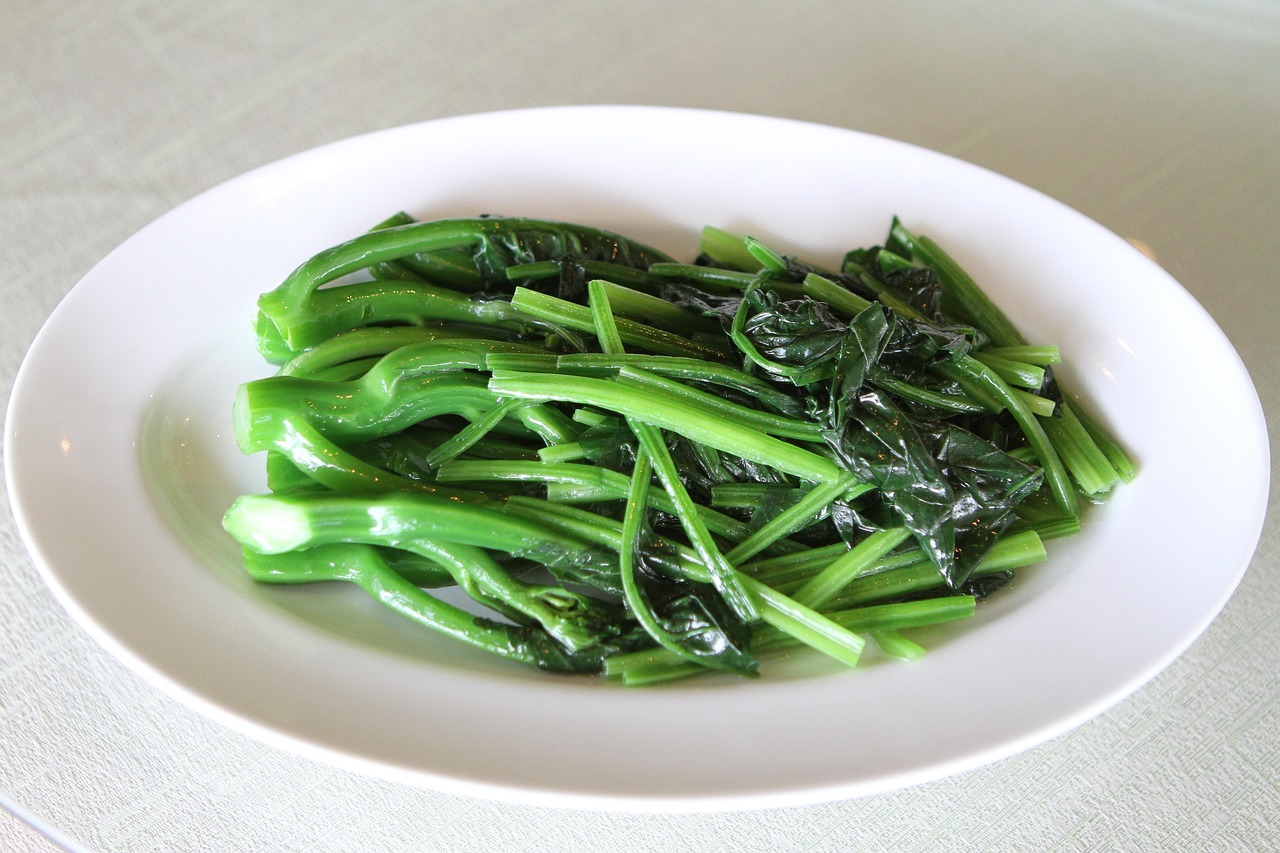The Bedtime Protein Myth: Busted by Science
Remember when eating before bed was treated like nutritional heresy? Grandma warned you about nightmares, your trainer warned you about fat gain, and your own brain warned you about that suspicious leftover pizza. But science has had a word with all of them—and it’s throwing protein parties after 10 p.m. now. According to new research, consuming slow-digesting protein like casein before bed doesn't add to your waistline—it adds to your biceps. Studies from 2024 show that nighttime protein leads to a positive net protein balance overnight, meaning you're building more than you're breaking down. That’s right: you’re literally growing muscle in your sleep.*
Brits Say 'Cottage Cheese', Americans Say 'Quark'—Everyone Wins
Whether you're team “cottage cheese before bed” (as preferred in the UK) or swear by a smooth vanilla casein shake (American-style), it all boils down to one goal: giving your body a steady trickle of amino acids while you're deep in dreamland. In a culture where the Brits sip herbal tea at 9 p.m. and Americans sneak peanut butter from the jar, there's finally some middle ground. Late-night protein not only helps with muscle protein synthesis but also prevents overnight muscle breakdown. And let’s be honest—having a reason to eat one more thing before bed that’s both delicious and functional? It’s the fitness world’s equivalent of a bedtime story.
Timing Is Everything—and Nighttime Is Prime Time
Modern studies don’t just focus on what you eat but *when*. A 2025 meta-analysis found that ingesting 30 to 40 grams of protein about 30 minutes before bed improved overnight muscle anabolism, particularly in resistance-trained individuals.* So if you’re one of those late-night lifters, your training doesn't end at the gym door. It continues at the dinner table—and under the duvet. During those precious seven to eight hours of sleep, the body finally enters a long stretch without food. Giving it a casein-based protein ensures that you're not catabolizing hard-earned muscle while dreaming of six-packs and protein pancakes.
Is It Safe for Your Organs? Relax—Your Kidneys Are Fine
If you've ever heard the whispered rumors that protein "destroys kidneys" or "burdens your liver," you're not alone. But unless you have pre-existing kidney disease, the science is clear: higher protein diets are not only safe, they may be beneficial. A 2024 position paper from American and European dietetic associations confirmed that increased protein intake does not impair kidney function in healthy adults.* In fact, it might even support better blood sugar level control and bone health. So unless you're planning to chase your shake with six sausage rolls, your organs are cheering you on.
Fat Gain? Not Tonight
One of the most persistent myths is that eating before bed turns you into the human equivalent of a bread roll. But protein doesn’t behave like simple carbs or fats. When protein consumed without excess calories, it doesn’t convert easily into body fat. In fact, several 2023–2024 trials demonstrated that nighttime protein intake did *not* lead to increased fat mass when total calories were controlled.* Instead, it increased lean mass and even improved metabolic rate during sleep. So no, your bedtime shake isn’t a guilty pleasure—it’s an investment. And the return is in your triceps.
Better Sleep, Thanks to Amino Acids
It sounds almost too good to be true: a bedtime snack that not only helps you grow but helps you sleep better, too? Turns out, casein is rich in tryptophan, the amino acid famously found in turkey. Tryptophan contributes to melatonin production, which regulates your sleep cycle. New trials in 2025 are exploring how nighttime protein can improve sleep quality in athletes and shift workers.* The results so far? Promising. So instead of counting sheep, maybe it’s time to count scoops.
How Much, and What Kind?
The sweet spot seems to be around 30 grams of casein protein before sleep—about the amount in a standard shake or a hefty bowl of low-fat quark. Whey protein? Great post-workout, but too fast for bedtime. Plant-based athletes need not worry either: soy protein isolate and blends with pea protein are showing comparable results in recent literature. The key is a slow release that sustains amino acid levels over several hours—like a drip-feed of muscle fuel while you snooze.
Your Bed Is Your New Gym
Here’s the punchline: skipping bedtime protein is like turning off your phone before it’s fully charged. You might still function, but not optimally. If you’ve trained hard, you deserve full recovery. And while rest days are often misunderstood as passive, nighttime protein shows how recovery can be *active*—strategically nourishing and rebuilding your body during sleep. The best part? You don’t have to set an alarm for 3 a.m. chicken breast. Just mix, sip, brush, and bed.
Sleep, Eat, Grow, Repeat... yes!
If the idea of eating before bed still sounds like nutritional taboo, it’s time to join the 21st-century evidence club. Protein before sleep is not a hack—it’s science. It’s not indulgence—it’s smart training. And it’s not about bulking recklessly—it’s about feeding your physiology when it needs it most. So next time someone tells you that food after dark is dangerous, just smile, sip your shake, and dream of hypertrophy. Tomorrow’s gains are made tonight.













